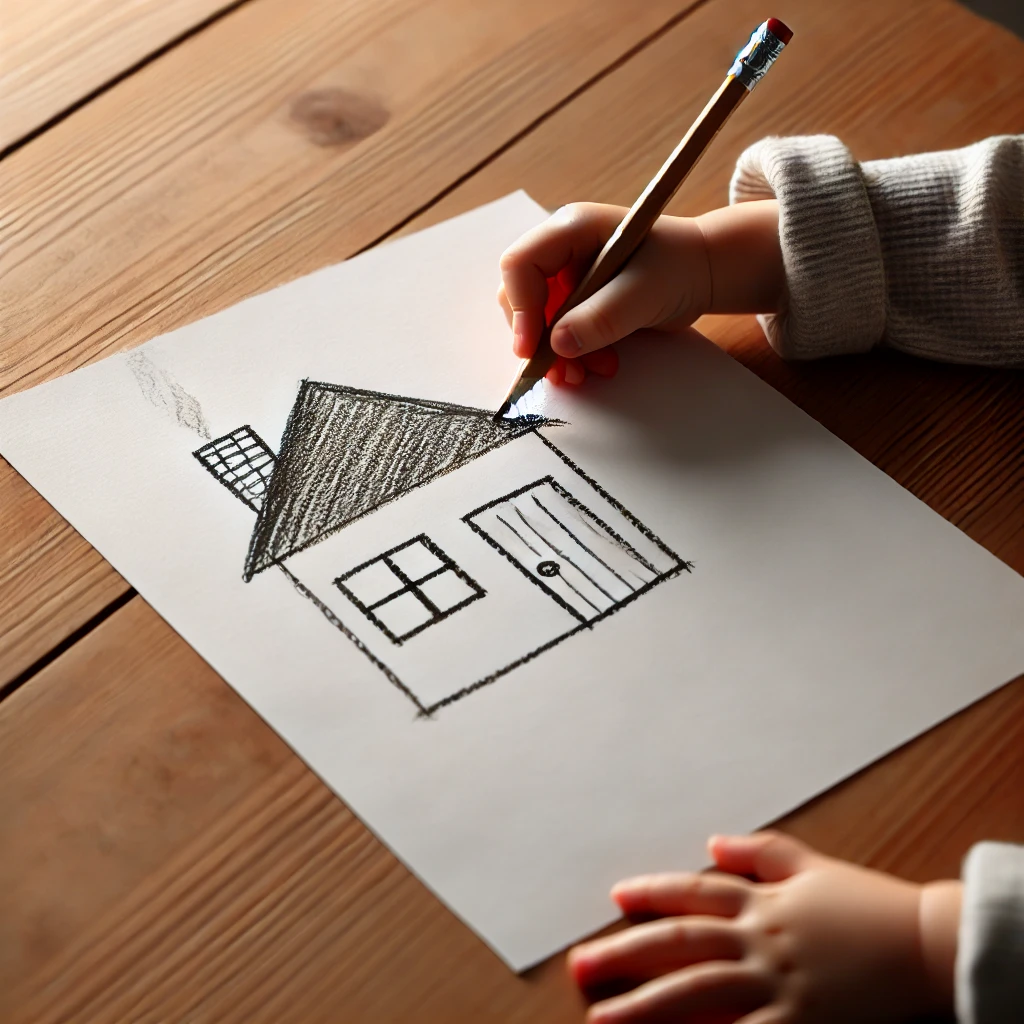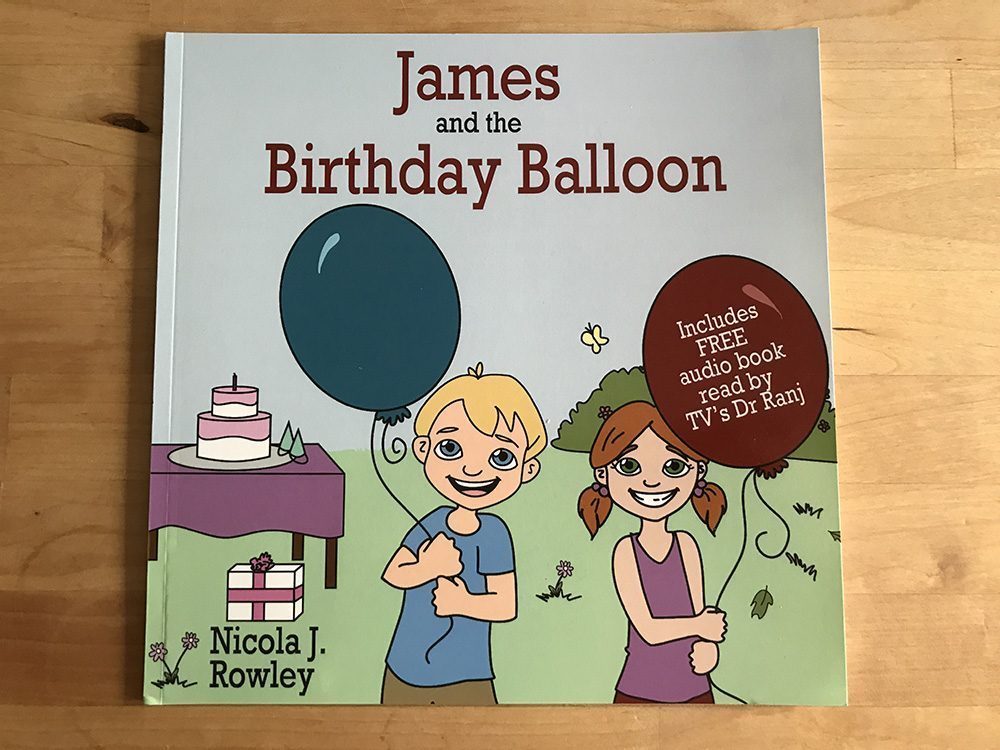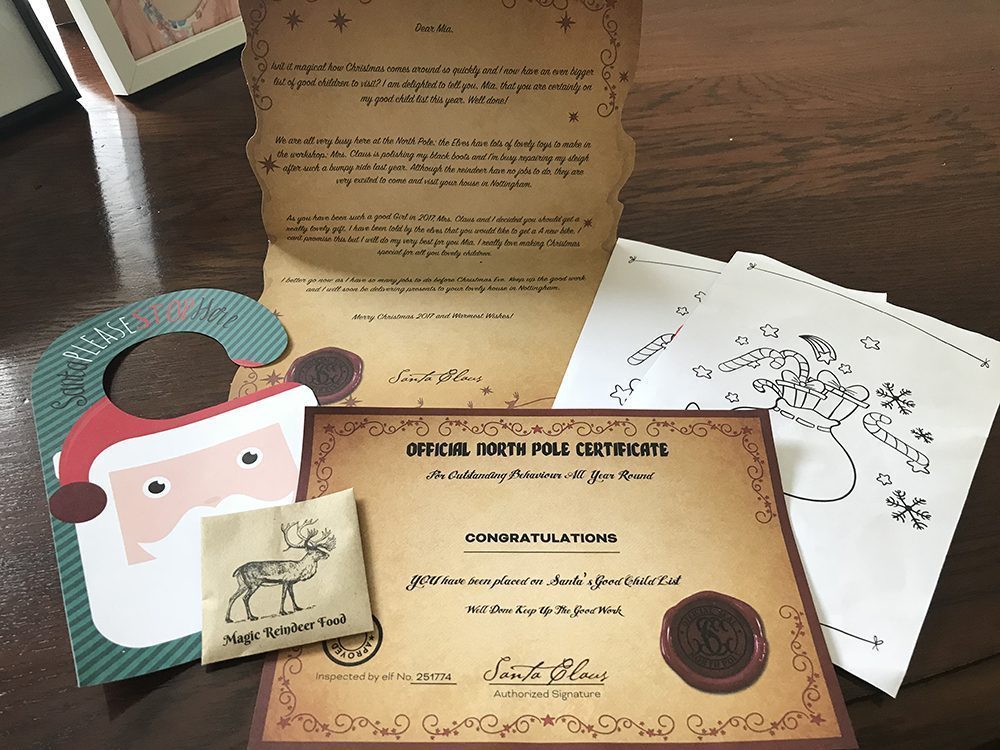Engaging Activities to Help Foster Early Childhood Learning at Home
This is a collaborative post
Encouraging early learning at home doesn’t have to be complicated. Young children are naturally curious, and the best way to support their development is through simple, engaging activities woven into daily life. Whether it’s counting toys, identifying letters during storytime, or playing games that boost problem-solving skills, learning happens in many ways.
There’s no need for rigid lessons or pressure to hit milestones quickly. The focus should be on creating an environment where children feel excited to explore new ideas at their own pace. With a mix of play, hands-on activities, and fun challenges, learning can become a natural and enjoyable part of everyday life.

Play as a Learning Tool
Play isn’t just about having fun—it’s a powerful way for children to develop key skills. It builds confidence, encourages creativity, and helps with communication. Whether they’re solving puzzles, making up stories, or exploring textures and sounds, play helps children make sense of the world around them.
Different types of play encourage different skills:
- Creative play – Drawing, painting, and crafting help with fine motor skills and self-expression.
- Active play – Running, jumping, and climbing develop coordination and strength.
- Imaginative play – Role-playing, dressing up, and storytelling encourage social and language skills.
- Structured play – Puzzles, games, and flashcards improve memory, problem-solving, and concentration.
A balance of these activities ensures children get a variety of learning experiences while having fun.
Simple Ways to Encourage Learning at Home
Everyday moments provide great learning opportunities. With a few easy adjustments, regular activities can double as fun educational experiences.
Counting and Number Games
Counting doesn’t have to be limited to worksheets or number charts. It can be part of everyday routines, like counting steps on the stairs, sorting toys by size or colour, or using everyday objects to demonstrate simple maths. Board games with dice, number puzzles, and counting songs also help build numeracy skills.
Exploring Letters and Words
Early literacy skills develop naturally through conversation, singing, and storytelling. Reading together introduces new words and helps with recognition, while letter-matching games and simple word association activities make learning more interactive. Using flashcards, books, or labels around the house makes letter recognition a fun and familiar part of the day.
A simple online app like this free alphabet letter wheel can also help young children associate letters with words. The wheel spins, randomly selects a letter and shows a word that begins with that letter as well as an image of that word. The wheel can also be set to speak out loud the letter and word. It is a fun and interactive way to learn letters while keeping the child engaged.
Hands-On Sensory Play
Children learn best when they can see, touch, and experiment. Sensory play activities like playing with sand, water, or textured materials help with fine motor skills and problem-solving. Using dough to form letters, tracing words in shaving foam, or sorting objects by texture and shape adds a playful element to early learning.
Encouraging Independent Learning
Helping children feel confident in their learning encourages curiosity and a love for discovery. A few simple changes can support independent learning at home.
- Create a learning-friendly space – A small area with books, puzzles, and creative materials gives children a place to explore on their own.
- Follow their interests – Letting children choose their own activities boosts motivation and engagement.
- Make learning part of the routine – Simple habits like reading before bed, playing counting games at mealtimes, or singing educational songs help reinforce learning naturally.
Building Social and Emotional Skills Through Play
Learning isn’t just about numbers and letters. Social and emotional development is just as important, and play is one of the best ways to build these skills.
· Turn-taking games help with patience and cooperation.
· Pretend play encourages empathy by letting children step into different roles.
· Talking about feelings during play helps children express themselves.
Simple activities like role-playing everyday scenarios, using emotion flashcards, or reading stories about feelings help children understand their emotions and how to interact with others.
Using Educational Resources to Enhance Learning
Interactive learning materials can add variety to at-home learning. Flashcards, number games, and activity books provide structured ways to reinforce concepts like counting, reading, and problem-solving.
For example, Happy Little Doers offers a range of hands-on learning tools that encourage children to engage with numbers, words, and shapes in a fun way. With well-designed educational resources, children can develop key skills while enjoying the learning process.
Outdoor Learning Opportunities
Spending time outside gives children a chance to explore, be active, and learn about the environment. Whether it’s playing in the garden, going for a walk, or collecting leaves and stones, outdoor play naturally encourages curiosity.
- Nature hunts – Looking for different colours, shapes, or textures in nature.
- Simple science experiments – Observing insects, planting seeds, or watching clouds.
- Physical activities – Jumping, balancing, and climbing help with coordination and strength.
Fresh air and movement not only support physical development but also improve concentration and wellbeing.
Helping Children Thrive Through Play and Learning
Early learning at home doesn’t need to be complicated or time-consuming. With a mix of play-based activities, simple daily routines, and engaging learning tools, children can build confidence and skills in a way that feels natural and fun. Creating an environment where learning is exciting sets the foundation for a positive approach to education as they grow.



